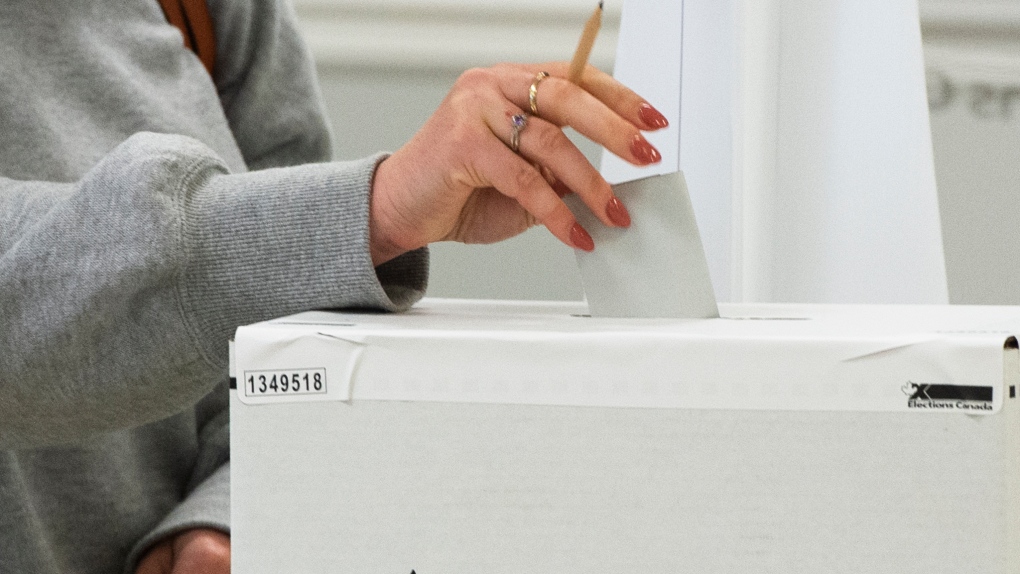Northern Light
Superstar
Apparently, our Dairy Oligopoly is behind our (Canada) being able to conclude a free trade treaty w/the U.K.
|
|
|
Apparently, our Dairy Oligopoly is behind our (Canada) being able to conclude a free trade treaty w/the U.K.
Dang. I hope they can work it out - I'm a big fan of Welsh Cheddar.
I'm also a fan of supply management in highly perishable products like dairy, but perhaps it has outlived its purpose. Originally intended to protect the family dairy farm, those are increasing scarce now. According to the Financial Post, the cost to buy quota for an 'average 85-cow herd is about $2Mn, and the Conference Board of Canada pegs the total quota value at $3.6-4.7Bn.
Following the votes explains the government's position:
https://www.statista.com/statistics/715119/volume-of-milk-production-canada-province/

 www.farmlinkproject.org
www.farmlinkproject.org
Although this discussion was spurred by trade with the UK, you mention something that many observers often miss. Every time the US thumps the tub over some trade issue, they extol their love of free market and rail against whatever government involvement that we have on the particular topics. In reality, they heavily subsidize and support much of their industries, including agriculture.Supply management is an alternative to large subsides, that most jurisdictions offer. The U.S. has a strategic cheese reserve of 1.5 Billion pounds.

Cheese Caves and Food Surpluses: Why the U.S. Government currently stores 1.4 billion lbs of cheese
Hundreds of feet below the ground in Missouri, there are hundreds of thousands of pounds of American cheese. Deep in converted limestone mines, caves kept...www.farmlinkproject.org
The gov't buys excess production at rates the market would not otherwise support, we use supply management to similar effect.
The challenge is, in theory, they should achieve a similar outcome; but our cheese (and milk and butter) is a whole lot more expensive than theirs.
Our oligopoly hiked prices during the pandemic far in excess of any cost increases they could evidence/justify.
At some point, change is required. I too prefer, in theory, supply management to subsidy. But, what we have now is supply mismanagement. So something has to give.
For comparison purposes, here is the price of Wegman's store brand butter sticks. In USD.
View attachment 535354
Translated to CAD: $4.84
Now lets look at Loblaws, closest equivalent:
View attachment 535355
So a premium of 44%
That's tough to take.

Much like your posts on autonomous/EV vehicles, I don't read "rapidly commercializing" in the attachment, let alone at some scale that will disrupt the market in the near-to-mid term. I don't know the spread of the market between dairy as inputs to processed food products vs. dairy (milk, cream, cheese, etc.) as end products in their own right.I think the way the dairy cartel gets broken in Canada is by disrupting the entire dairy industry.
Precision fermentation animal-free dairy is rapidly commercializing. Several companies claim cost parity with conventional dairy. Even if consumers take some time to be persuaded by animal-free dairy, dairy-based ingredients for food processors are a critical part of the dairy industry and precision fermentation is going to be making chemically identical drop-in substitutes for things like whey protein, casein, etc. Without this critical support for animal dairy industry, the economics begin to break down and the value of quota will collapse.

‘This is a big step forward’: Imagindairy co-founder on industrialization, leveraging AI, and FDA green light
Imagindairy's Eyal Afergan says the company's ownership of industrial-scale production lines allows for growth ‘on our own terms’ as he predicts the market to ripen in one to two years.www.dairyreporter.com
Not gonna happen given the power of dairy and Agropur in Quebec and therefore Ottawa.If they prevent this deal from happening I can foresee calls to abolish the Dairy cartel.
This is a major international trade agreement that could benefit Canada as a whole. Having the Dairy board stand in the way of it is sure to rub some people the wrong way.
I grew up in a boarder town as we always got our dairy in the US. But it had a perceived lack of quality compared to the Canadian stuff, wonder if that has leveled out at all, or was a real thing at all.
There are other problems with the proposed UK-Canada trade agreement. For example, Canada wants the UK to un-freeze the UK state pensions paid to people living in Canada, as they do with UK pensioners living in US and many other countries. Canada does not freeze Canadian pensions if you live in UK. See https://britishpensions.com/Not gonna happen given the power of dairy and Agropur in Quebec and therefore Ottawa.
While not a full-scale overhaul of the federal voting system as Prime Minister Justin Trudeau once promised, within the two-party confidence-and-supply agreement are a series of electoral reform proposals aimed at expanding "the ability for people to vote."
Specifically, the Liberals and New Democrats agreed to explore:
- Allowing an "expanded" three-day voting period during general elections;
- Allowing voters to cast their ballots at any polling place within their riding; and
- Improving the mail-in ballot process with both accessibility and maintaining integrity in mind.

Wow it's absolutely meaningless, and does nothing to address our awful selection of federal parties to vote for.Not the actual systematic election changes people have hoped for, perhaps symbolic of Trudeau's government:

Trudeau and Singh's teams quietly planning electoral reform legislation
As progress on some measures in the Liberal-NDP confidence-and-supply agreement continue to play out publicly, the two parties have quietly been in talks to table electoral reform legislation before the next federal vote.www.ctvnews.ca
It is certainly not a major reform (which is needed) but making it easier to vote is not 'meaningless'. It is a minority parliament that is on its last months, anything more complex would probably never pass and a major change really needs buy-in from all parties, even if nobody gets all they want.Wow it's absolutely meaningless, and does nothing to address our awful selection of federal parties to vote for.
Shameful.




